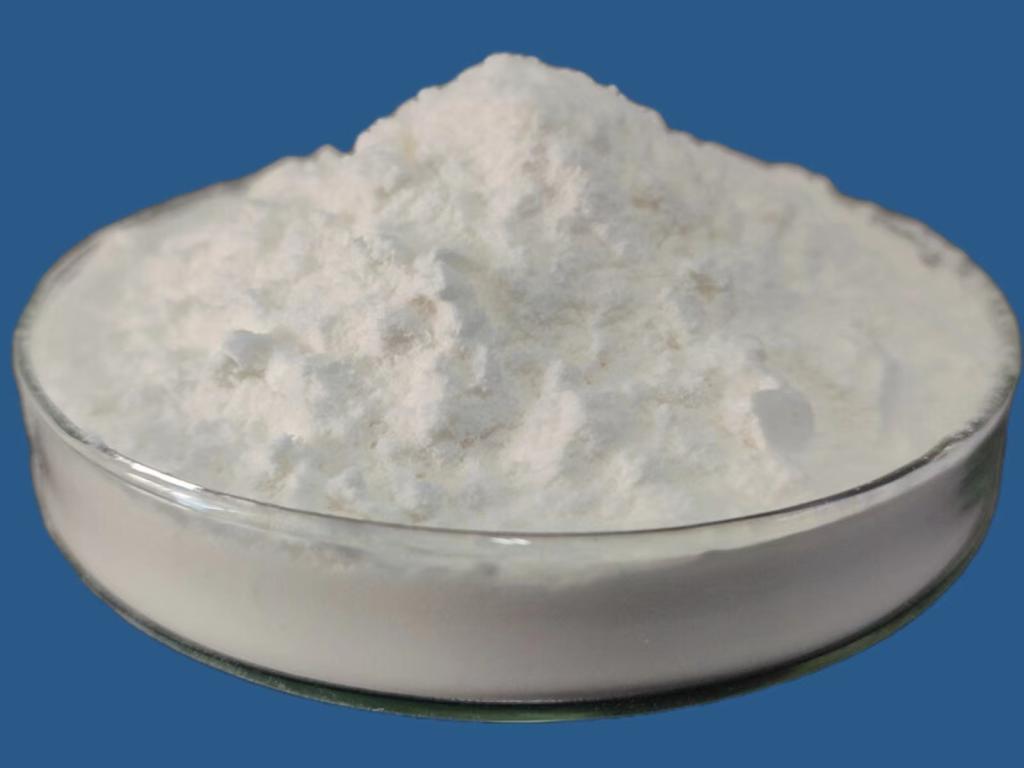Tel:+8618231198596

News
 CONTACT
CONTACT
 CONTACT
CONTACT
- Linkman:Linda Yao
- Tel: +8618231198596
- Email:linda.yao@dcpharma.cn
- Linkman:CHARLES.WANG
- Department:Overseas
- Tel: 0086 0311-85537378 0086 0311-85539701
News
Precision Livestock Farming: The Integration of ε-Polylysine Hydrochloride for Animal Welfare
TIME:2024-02-20
Precision Livestock Farming: Revolutionizing Livestock Management:
Precision Livestock Farming encompasses the use of advanced technologies such as sensors, data analytics, and automation to monitor, manage, and optimize various aspects of livestock production. Key components include:
Health Monitoring: Continuous monitoring of individual animals to detect early signs of diseases or distress.
Nutritional Optimization: Precision feeding strategies tailored to the specific needs of each animal, improving efficiency and reducing waste.
Environmental Control: Monitoring and controlling environmental factors such as temperature, humidity, and ventilation for optimal animal comfort.
Reproduction Management: Utilizing data to optimize breeding programs and enhance reproductive efficiency.
Real-time Data Analytics: Analyzing data in real-time to make informed decisions and intervene promptly when issues arise.
Challenges in Livestock Health Management:
Disease Outbreaks: Infectious diseases can spread rapidly in livestock populations, leading to significant economic losses and animal suffering.
Antibiotic Resistance: Overreliance on antibiotics for disease control has contributed to the emergence of antibiotic-resistant strains, posing a threat to both animal and human health.
Stress and Welfare Concerns: Stressful conditions, such as overcrowding or inadequate environmental enrichment, can compromise the welfare of livestock, impacting their health and productivity.
Precision Medication: Achieving precision in medication administration to target specific health issues without unnecessary use of pharmaceuticals.
Understanding ε-Polylysine Hydrochloride:
ε-Polylysine hydrochloride is a natural cationic polymer produced through the fermentation of Streptomyces albulus or related strains. Composed of ε-lysine units linked by amide bonds, this compound exhibits potent antimicrobial properties. ε-Polylysine hydrochloride has been widely used in the food industry as a natural preservative, and its application in Precision Livestock Farming is gaining traction due to its safety, efficacy, and low environmental impact.
Unique Properties of ε-Polylysine Hydrochloride:
Antimicrobial Spectrum: Exhibits antimicrobial activity against a broad spectrum of microorganisms, including bacteria, viruses, and fungi, making it effective in preventing and controlling infections.
Natural Origin: Derived from microbial fermentation, ε-Polylysine hydrochloride aligns with the growing demand for natural and sustainable solutions in agriculture and livestock management.
Low Toxicity: Demonstrates low toxicity compared to traditional antimicrobials, minimizing the risk of adverse effects on animals and the environment.
Stability and Solubility: Exhibits stability under various conditions and is water-soluble, allowing for easy integration into feed formulations and other applications.
Precision Applications of ε-Polylysine Hydrochloride in Animal Welfare:
Disease Prevention and Control:
Feed Additive: Incorporating ε-Polylysine hydrochloride into animal feed helps prevent the growth of harmful microorganisms in the digestive tract, reducing the risk of gastrointestinal infections.
Water Treatment: Adding ε-Polylysine hydrochloride to drinking water can contribute to water sanitation, preventing the transmission of waterborne pathogens among livestock.
Stress Reduction:
Environmental Enrichment: ε-Polylysine hydrochloride can be used as part of environmental enrichment strategies to reduce stress and promote positive behaviors in livestock.
Precision Medication:
Targeted Delivery: Precision administration of ε-Polylysine hydrochloride as part of a medication regimen allows for targeted control of specific pathogens, minimizing the need for broad-spectrum antibiotics.
Respiratory Health:
Air Quality Management: Incorporating ε-Polylysine hydrochloride in air purification systems within livestock housing can contribute to respiratory health by reducing airborne pathogens.
Reproductive Health:
Insemination Support: Enhancing reproductive efficiency by ensuring a healthier reproductive tract through the controlled use of ε-Polylysine hydrochloride.
Case Studies: Precision Integration of ε-Polylysine Hydrochloride in Livestock Welfare:
Poultry Farming:
Control of Avian Pathogens: Adding ε-Polylysine hydrochloride to poultry feed helps control common avian pathogens, reducing the incidence of diseases such as coccidiosis.
Improved Egg Quality: Enhanced microbial control contributes to improved egg quality, supporting both animal welfare and economic sustainability.
Dairy Farming:
Mastitis Prevention: Precision application of ε-Polylysine hydrochloride in udder care formulations contributes to mastitis prevention in dairy cows, ensuring udder health without excessive antibiotic use.
Optimizing Reproduction: Incorporating ε-Polylysine hydrochloride in reproductive health programs enhances the overall fertility of dairy herds.
Swine Production:
Gastrointestinal Health: Precision control of gastrointestinal pathogens in swine through the inclusion of ε-Polylysine hydrochloride in feed promotes digestive health and reduces the need for therapeutic antibiotics.
Reduced Stress Response: Environmental enrichment strategies utilizing ε-Polylysine hydrochloride contribute to a reduction in stress-related behaviors among swine.
Challenges and Considerations:
Formulation Optimization: Achieving optimal formulations for different livestock species and production systems requires careful consideration of ε-Polylysine hydrochloride concentrations and delivery methods.
Regulatory Approval: Ensuring regulatory approval for the use of ε-Polylysine hydrochloride in livestock management is crucial, requiring collaboration with regulatory authorities to establish safety and efficacy.
Farm Management Integration: Integrating ε-Polylysine hydrochloride into existing farm management practices necessitates education and training for farmers to ensure effective and sustainable implementation.
Future Perspectives:
Research on Multi-Species Applications: Further research can explore the efficacy and safety of ε-Polylysine hydrochloride across different livestock species, broadening its potential applications in diverse agricultural settings.
Data-Driven Livestock Health Management: The integration of ε-Polylysine hydrochloride into data-driven livestock health management systems can enhance precision and provide real-time insights into the health and well-being of animals.
Collaborative Initiatives: Collaborations between researchers, industry stakeholders, and regulatory bodies are essential to promote the responsible use of ε-Polylysine hydrochloride in livestock farming.
Conclusion:
The integration of ε-Polylysine hydrochloride in Precision Livestock Farming represents a promising avenue for improving animal welfare while addressing challenges in microbial control. Its natural origin, broad-spectrum antimicrobial activity, and potential to reduce reliance on conventional antibiotics align with the evolving demands of sustainable and ethical livestock production. As Precision Livestock Farming continues to advance, the incorporation of ε-Polylysine hydrochloride stands as a beacon for a future where technology, natural solutions, and animal welfare harmoniously coexist, shaping a more humane and sustainable trajectory for the global livestock industry.
- Tel:+8618231198596
- Whatsapp:18231198596
- Chat With Skype







